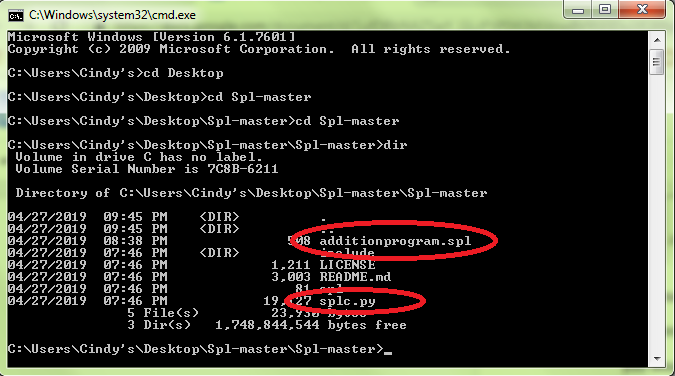As a junior programmer, certain pitfalls can hinder your career growth.
Common mistakes such as dismissing code review feedback or trying to learn many programming languages at once slow your progress.
Recognize and avoid these errors and you can accelerate your growth.
Investigating the main mistakes made by junior programmers can guide you to creating practical solutions to overcome, and therefore thrive in roles.
Ignoring Feedback
Many junior programmers make the significant mistake of ignoring feedback from code reviews, mentors, or peers, which can hinder their growth and lead to repeated errors.
You may feel defensive about your code, but it’s vital to listen to others’ input to improve. When you receive feedback, don’t dismiss it; instead, take notes and ask questions to elucidate any concerns.
Use this feedback to refactor your code and avoid similar mistakes in the future. By doing so, you’ll become a better programmer and develop a stronger sense of coding standards.
Remember, feedback isn’t a personal attack; it’s an essential step in the learning process. By embracing feedback, you’ll accelerate your growth and become a more skilled programmer.
Learning Too Many Programming Languages

Your enthusiasm to expand your skill set can sometimes lead you down a counterproductive path: trying to learn too many programming languages at once.
While it’s great that you’re excited to learn, taking on too much can lead to shallow knowledge and confusion. You’ll end up struggling to apply your skills in real-world situations.
Instead, focus on mastering one or two languages before moving on to the next. This will help you build a strong foundation and develop a deeper understanding of programming concepts.
By doing so, you’ll become a more effective and efficient programmer, and you’ll be better equipped to tackle complex projects.
Prioritize depth over breadth, and you’ll see improvement in your coding skills.
Not Vocalising Your Work
When working on a project, failing to explain your thought process and design decisions to others can hinder your growth as a programmer and lead to mistakes that might’ve been avoided with constructive feedback.
You don’t have to be an expert to share your ideas, and vocalising your work helps you clarify your thoughts, identify potential issues, and gain new insights.
Don’t be afraid to ask for feedback or walk someone through your code. This practice also helps you develop essential communication skills, which are vital in a team environment.
By sharing your work, you’ll not only improve your programming skills but also become a more effective team player.
Make it a habit to explain your thought process and design decisions to others, and you’ll see the benefits in your growth as a programmer.
Not Testing Your Code Thoroughly

Testing your code thoroughly is essential to catching bugs, yet it’s a step often overlooked in the rush to meet deadlines or deliver a working product.
You may think your code is perfect, but without thorough testing, you can’t be sure it works as intended. Don’t assume that your code will magically work as expected – take the time to test it thoroughly.
Write test cases to cover all possible scenarios and edge cases. Run your code through these tests, and make certain it passes them all.
You’ll be surprised at how many bugs you can catch with just a little extra effort. By testing your code thoroughly, you’ll guarantee that your product is stable, reliable, and works as expected, saving you time and headaches over time.
Not Communicating What You’re Capable Of
Failure to clearly communicate your capabilities can lead to unrealistic expectations and eventually, disappointment.
It’s essential that you convey what you can and can’t deliver. As a junior programmer, you’ll work on various projects and tasks. To guarantee a smooth workflow, you must inform your team and manager about your skills and limitations. This includes being transparent about the technologies you’re proficient in, the type of projects you can handle, and the level of complexity you can manage.
Here are key points to reflect on when communicating your capabilities:
- Be honest about your strengths and weaknesses: Don’t exaggerate your skills or hide your limitations.
- Clearly state your experience and expertise: Specify the programming languages, frameworks, and tools you’re proficient in.
- Set realistic goals and deadlines: Don’t overcommit yourself or promise unrealistic results.
- Ask for help when needed: Don’t hesitate to ask for assistance when you’re unsure or lack experience.


















